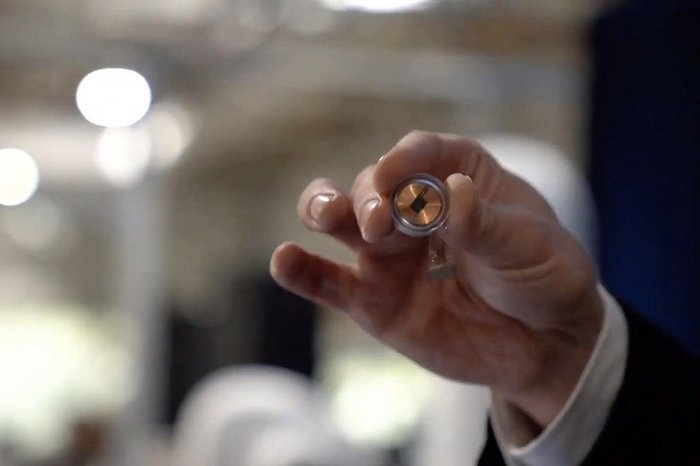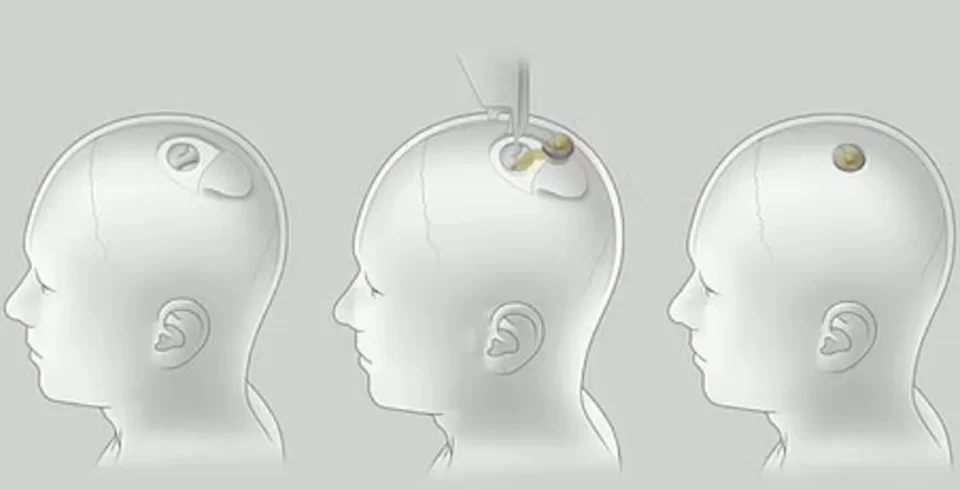Adverts
In recent years, there has been an intense debate about the brain-machine interface and its implications for the future of humanity.
One of the main protagonists of this debate is Neuralink, a company founded by Elon Musk with the ambitious goal of developing advanced neural interface technologies.
Adverts
In this context, Neuralink's brain chip has aroused great interest, raising questions about its benefits, risks and the impact it could have on our society.
Potential Benefits
Adverts
The proposal behind Neuralink's brain chip is fascinating. Elon Musk sees this technology as a way to increase human capabilities, allowing the brain to connect directly to digital devices, facilitating communication, access to information and even improving mental health.

Imagine a future where people with physical or neurological disabilities can recover lost functions through the brain-machine interface. Or where patients with neurological disorders can control electronic devices with just their thoughts. These possibilities are truly revolutionary and could open new horizons for medicine and technology.
Risks and Challenges
However, along with the benefits come significant concerns. One of the main points of debate is the issue of data privacy and security. With the ability to read and record brain signals come concerns about who will have access to this information and how it will be used.

Additionally, there are ethical concerns about the potential misuse of neural technology. The idea of directly altering brain functions raises questions about free will, personal identity, and even what it means to be human.
Another point of concern is the possibility of further widening the gap between those who have access to this technology and those who do not. If brain-machine interfacing becomes widely adopted, it could create a new form of social inequality where only the privileged can access the benefits of this technology.
The ongoing debate
The development of Neuralink's brain chip is at the center of an ongoing debate about the limits of technology and the future of humanity. While some celebrate its promises of advancement, others warn of the dangers of playing with the boundaries of what is possible.
It is crucial that this debate continues and that technological developments are accompanied by ethical discussions, appropriate regulations and considerations of social impact. As a society, we face unprecedented challenges as we navigate uncharted territories of science and technology. The key to success will be to approach these challenges with wisdom, responsibility and a keen eye for human well-being.
Neuralink's brain chip represents a door to an exciting and unknown future. But we must proceed with caution, always remembering that, in the end, technology must serve humanity, not the other way around.




